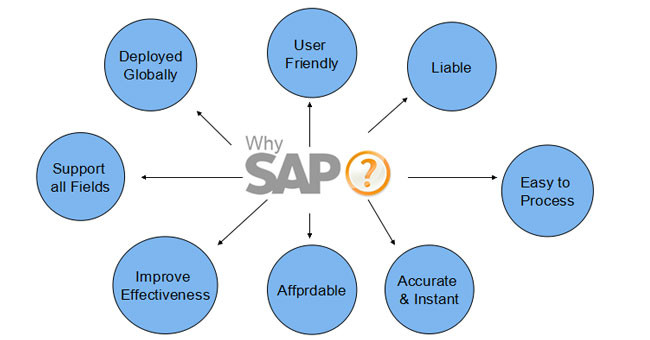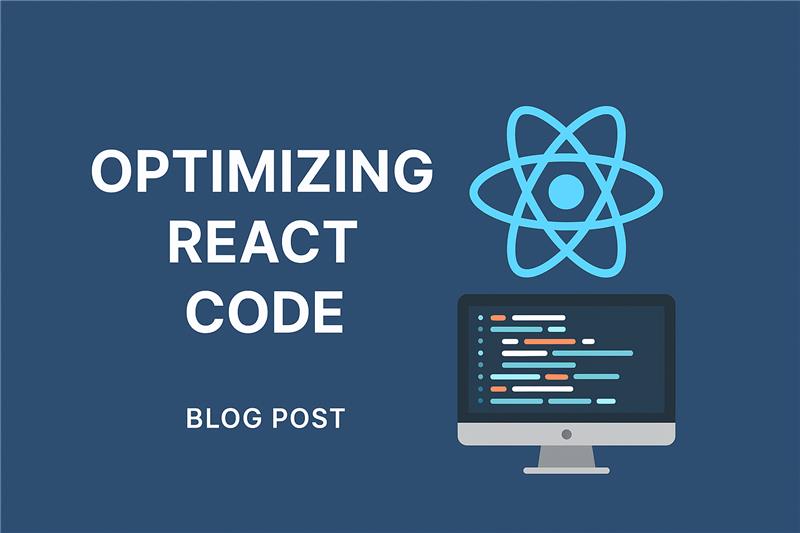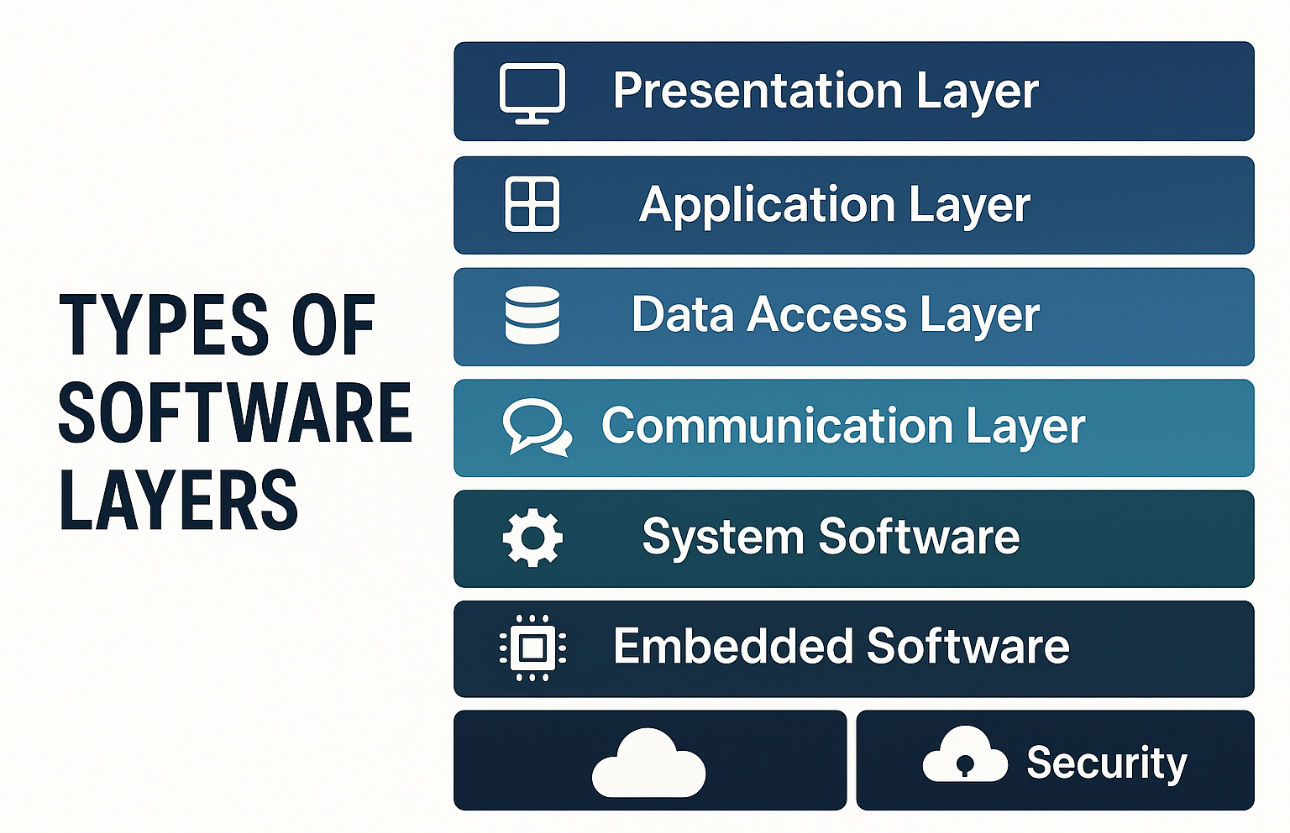Client Overview:
National Convenience Distributors (NCD) processes a high volume of business transactions daily, relying on seamless integration between their SaaS, PaaS, and Warehouse Management Systems (WMS) applications. Due to the complexity of their operations, NCD required a reliable and scalable integration platform to ensure real-time data exchange and maintain operational efficiency.
Challenge:
NCD was facing performance bottlenecks and inefficiencies caused by manual data synchronization across systems. As the demands of their business continued to grow, NCD needed a more robust solution to support the increasing workload and maintain seamless integration across platforms.
Solution:
GlobalVox implemented Oracle Integration Cloud (OIC) Gen 2 to address the initial challenges by overcoming performance issues and automating data synchronization. As NCD’s business grew, GlobalVox further upgraded their integration infrastructure to Oracle Integration Cloud (OIC) Gen 3, delivering a high-performance, scalable platform capable of supporting their growing business needs.
Key Solution Highlights:
1. Real-Time Data Synchronization:
- By utilizing OIC’s event-driven architecture, GlobalVox enabled seamless, real-time data exchange between NCD’s SaaS, PaaS, and WMS platforms. This automation minimized manual intervention, improved operational efficiency, and allowed NCD to focus on core business activities.
2. Upgrade from OIC Gen 2 to Gen 3:
- The transition from OIC Gen 2 to OIC Gen 3 brought significant enhancements in system scalability, security, and performance. This upgrade equipped NCD with a flexible, high-capacity solution to support real-time operations and enable faster decision-making.
Results:
Through the implementation of OIC Gen 3, NCD experienced streamlined operations, enhanced scalability, and improved efficiency, positioning them to better handle their growing business demands.
Project Information
Client:
Character Arc
Challenge:
challenges with escalating costs, concerns over vendor lock-in, and suboptimal performance for specific workloads on AWS


















